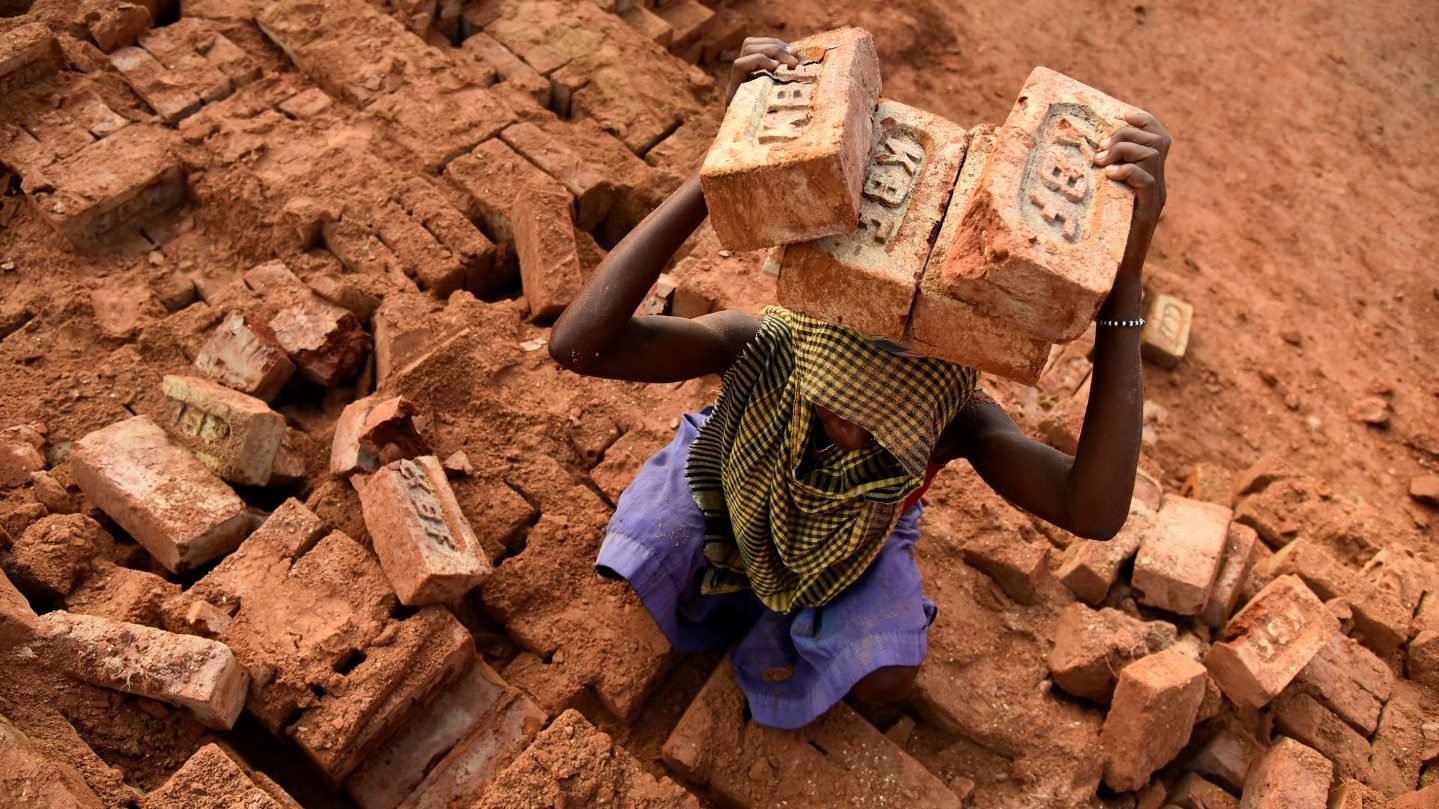
Sharing good practices in protecting victims of modern slavery during Covid-19
The Covid-19 pandemic has posed unprecedented challenges for workers and for people affected by modern slavery. Many workers have been made unemployed due to various reasons, including lockdown measures, closure of businesses and restrictions on movement. Yet from suppliers of personal protective equipment to the meat industry, some businesses have witnessed a sudden surge of demand for labour, leaving workers at high risk of exploitative practices by employers.
So, what exactly has the impact of Covid-19 been on vulnerable workers and victims of modern slavery? And what have been good practices in protecting them?
Join us for the launch of the report ‘Sharing Good Practices in Protection of Workers and Victims of Modern Slavery during the COVID-19 Pandemic’, where the authors will share their research findings and provide important recommendations.
This event is organized in collaboration with Keele University and the Modern Slavery and Human Rights Policy and Evidence Centre.
Speakers include:
- Prof. Tomoya Obokata, Professor of International Law and Human Rights at Keele University, and UN Special Rapporteur on Contemporary Forms of Slavery
- Dr Forough Ramezankhah, Lecturer in Law at Keele University
- Rasha Al Saba, Programmes Coordinator at Minority Rights Group International
- Samrawit Gougsa, Communications Officer at Minority Rights Group International
- Prof. Alex Balch, Modern Slavery and Human Rights Policy and Evidence Centre
Watch the event online
English version:
French and International Sign Language (ISL) version):
 A labourer carries bricks in a kiln at Langolpota village in North 24 Parganas district in the eastern state of West Bengal, India, 26 November 2019. Credit: Reuters/Ranita Roy.
A labourer carries bricks in a kiln at Langolpota village in North 24 Parganas district in the eastern state of West Bengal, India, 26 November 2019. Credit: Reuters/Ranita Roy.